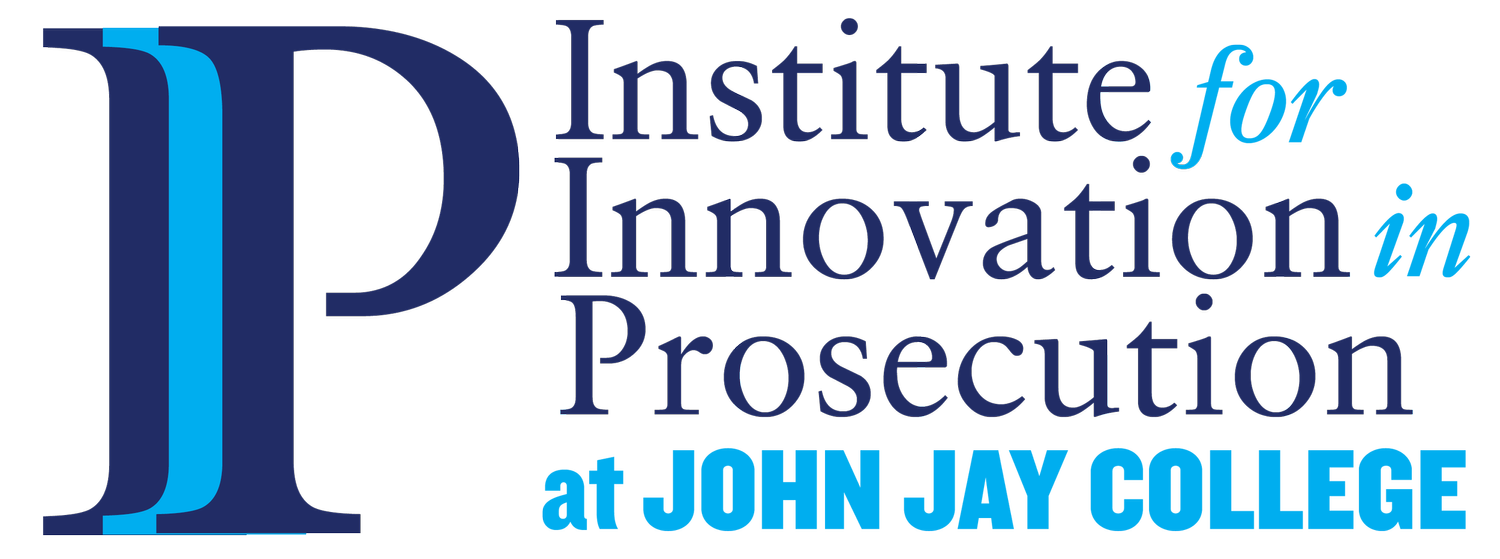A ‘Community Justice’ Vision for the Modern Prosecutor
Michelle Mason | The Crime Report | July 17, 2020
The current movement for Black lives and opposition to injustice in the criminal legal system has been rightly centered on policing. But reimagining the system should not end there.
While police are the first interaction a community may have with the justice system, prosecutors hold immense power in determining the long-term role the criminal legal system will play in a community’s well-being.
Deep, lasting reform of the system will require prosecutors to grapple with their offices’ legacy and reconceive their role as that of ministers of justice. That embodies what Lucy Lang, director of the Institute for Innovation in Prosecution (IIP) at John Jay College calls “visionary leadership.”
The first step in developing that vision came this week with the release by IIP of a groundbreaking Vision statement, Vision for the Modern Prosecutor, that outlines an innovative vision to which all modern prosecutors should aspire.
The statement was signed by many of the elected District Attorneys, academics and criminal justice reform advocates who have joined with the IIP to tackle the most complex issues within the prosecutorial system over the past three years to re-think prosecutors’ roles.
The Vision statement is both a call to action and an acknowledgment of the harm traditional prosecution has caused.
The statement, for instance, proposes a model in which prosecutors evaluate cases individually and holistically and determine the most just disposition in light of all relevant circumstances.
Uniform standards can be seen as a way guarding against racial injustice and removing bias from case determinations, but this does not account for the over-policing of people of color, which results in a greater number of prosecutions for those communities. In turn, prosecutors have contributed to the racial disparities within the system, as well as the negative long-term effects the system has on the communities they serve.
The Vision statement signatories called for an analysis of the current system to pave the way for prosecutorial offices to move towards a “community justice” model. This model calls for prosecutors to be accountable to the people they serve by broadening the notion of public safety.
Just outcomes include—but also must go beyond—the individual being held accountable for harm; all parties and the community at large must be taken into account when deciding case outcomes. Ultimately, “community justice” calls for a shift from a reactive system to a proactive response.
Prosecutors should actively seek to repair the social, racial, and economic injustice within their jurisdictions in order to prevent criminal legal system intervention. For too long prosecutors have worked in silos, distant from the lives they affect.
Notably, as highlighted in the statement, prosecutors have operated with an “us vs. them” mentality. Instead, a modern prosecutor must actively engage with the people they serve and work collaboratively while striving to prevent traditional system intervention and overly punitive responses.
The pace of prosecutorial reform has increased significantly in the past few years.
Some of the statement’s signatories, like Cook County State’s Attorney Kim Foxx, who increased transparency by standardizing the disclosure of case data, and Milwaukee District Attorney John Chislom, who has been experimenting with public-health models of prosecution in his jurisdiction, have been at the forefront of these reforms.
Still, when it comes to the most complex issues prosecutors face, such as addressing and preventing violence, the need for innovation remains glaring.
During the current inflection point in the criminal justice movement, it is time for bold, transformative action that will create a better life for the communities prosecutors serve. Now, more than ever, prosecutors, academics, researchers, and advocates must work together to create innovative responses to crime.
Prosecutors hold an immense amount of power and discretion in their work. The modern prosecutor must use the privileges afforded by their office to ensure that they are working towards a system based on inclusive, public safety, and racial justice.
Michelle Mason is a Policy and Operations Assistant with the IIP.
Link to article: https://thecrimereport.org/2020/07/17/a-community-justice-vision-for-the-modern-prosecutor/
